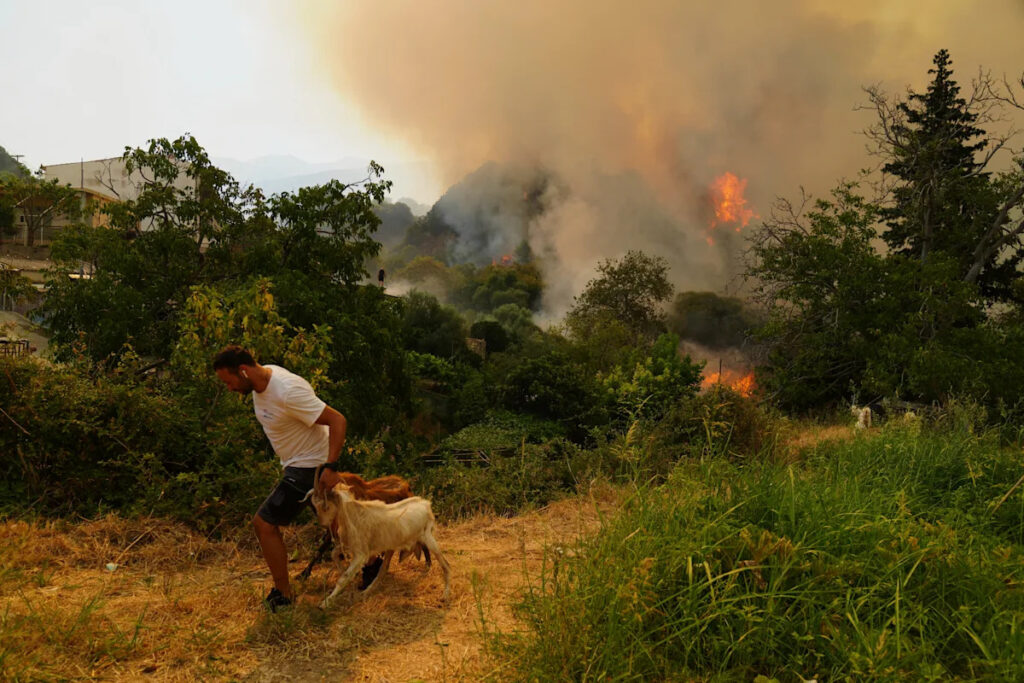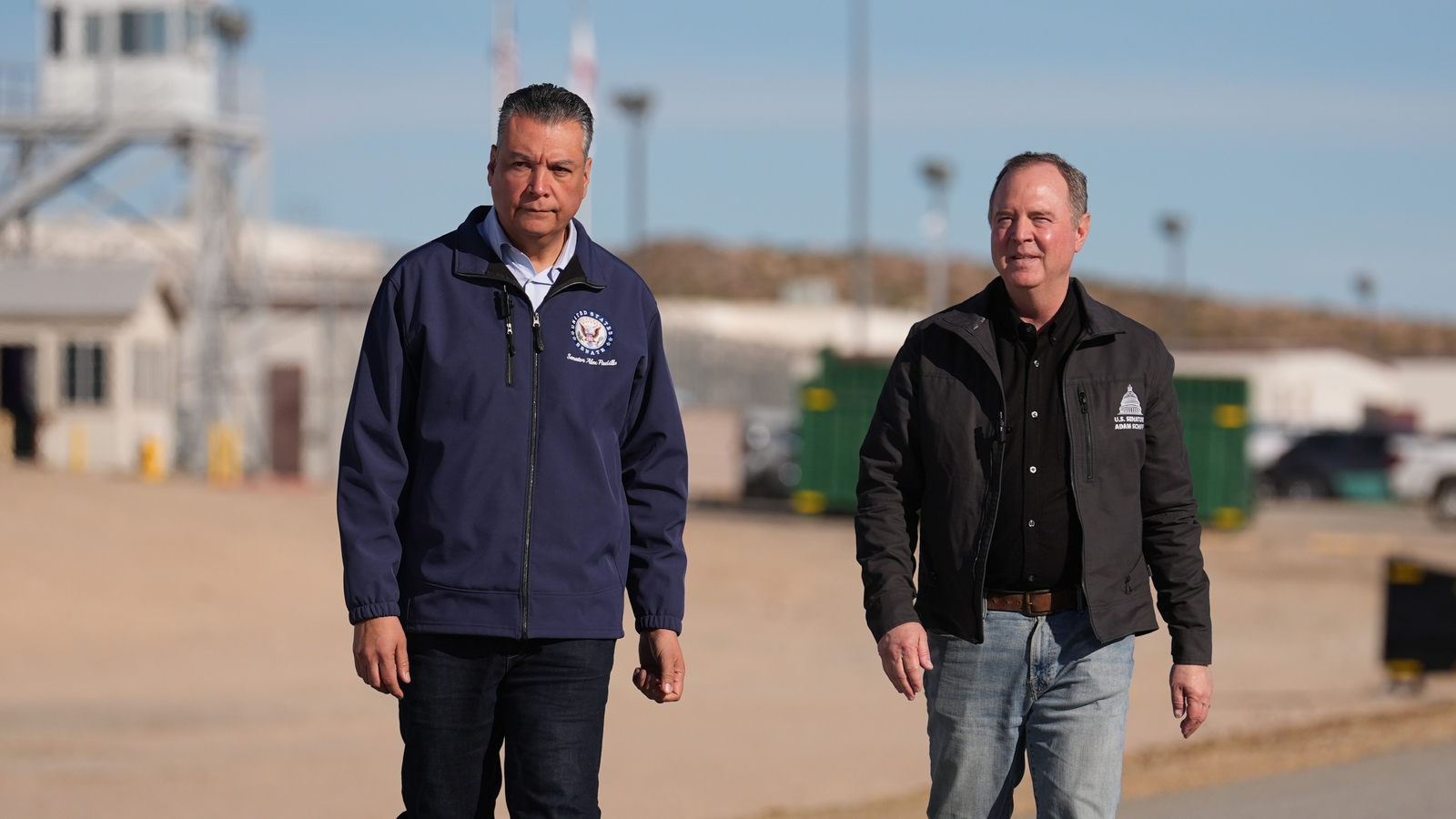
A recent study has revealed that climate change has significantly intensified the wildfires that ravaged Turkey, Greece, and Cyprus during the summer of 2025. According to research conducted by World Weather Attribution, the fires, which resulted in the deaths of 20 individuals, forced the evacuation of approximately 80,000 people, and consumed over 1 million hectares (2.47 million acres), were found to be 22% more intense than they would have been without the influence of climate change.
The study highlights that hundreds of wildfires erupted across the eastern Mediterranean in June and July, fueled by extreme temperatures exceeding 40 degrees Celsius (about 104 degrees Fahrenheit), severe drought conditions, and strong winds. Researchers emphasized the alarming nature of these findings, labeling them as “concerning.”
Impact of Climate Change on Wildfire Intensity
“Our study finds an extremely strong climate change signal towards hotter and drier conditions,” stated Theodore Keeping, a researcher at the Centre for Environmental Policy at Imperial College in London. He pointed out that with a global temperature increase of 1.3 degrees Celsius, the world is experiencing unprecedented wildfire behavior that challenges firefighting efforts. Keeping warned that without a swift transition away from fossil fuels, temperatures could rise by up to 3 degrees Celsius this century.
The study reported a 14% decrease in winter rainfall since the pre-industrial era, a period marked by heavy reliance on fossil fuels. Furthermore, it found that climate change has made prolonged dry spells that prepare vegetation for burning 13 times more likely. The analysis also noted an increase in the intensity of high-pressure systems, which have intensified northerly winds known as Etesian winds, further exacerbating the wildfires.
Challenges for Firefighters
Research director Gavriil Xanthopoulos, from the Institute of Mediterranean Forest Ecosystems of the Hellenic Agricultural Organization in Greece, indicated that firefighters could previously anticipate when these winds would subside, allowing them to manage fires more effectively. “It seems that they cannot count on this pattern anymore,” Xanthopoulos remarked, stressing the need for further research to understand the increasing frequency of high-velocity wind patterns.
In support of the study’s conclusions, Flavio Lehner, an assistant professor in Earth and atmospheric sciences at Cornell University, stated that the findings align with existing literature on climate change’s role in creating conditions favorable for wildfires. He remarked, “Climate change is loading the dice for more bad wildfire seasons” in the Mediterranean region.
The comprehensive nature of this study adds to the growing body of evidence linking climate change to extreme weather phenomena, suggesting that urgent action is necessary to mitigate future risks.






